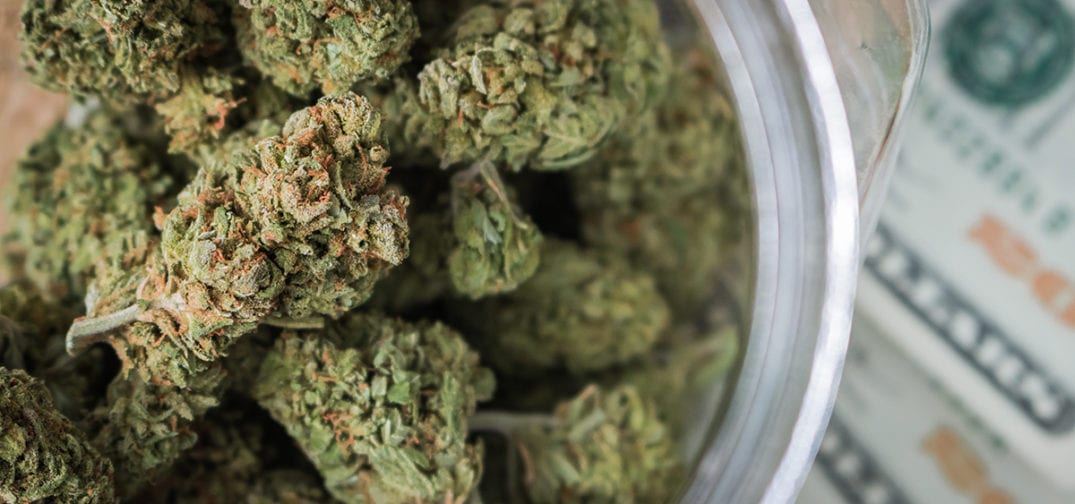California Gov. Gavin Newsom (D) is downgrading the state’s cannabis excise tax projections for this year and next year due to the coronavirus pandemic and the looming recession related to the response, which shuttered businesses and has led to near-record unemployment, the Los Angeles Times reports.
Newsom in January estimated that the state would see $479 million in cannabis excise taxes during this fiscal year, but he reduced those expectations to $443 million. For the fiscal year that begins July 1, Newsom has projected $590 million in cannabis excise taxes, but revised that estimate to $435 million.
The budget proposal with the recalculated figures said that while other vice products, such as tobacco and alcohol, “tend to be recession-resistant, the forecast assumes that cannabis businesses will be more negatively impacted by the COVID-19 pandemic.”
“Cannabis businesses have less access to banking services that could provide liquidity, have a younger consumer base likely to be disproportionately affected by the COVID-19 recession, and still must contend with competition from the black market.” – California Executive Budget via the Times
The impact of the virus and the measures put in place to combat its spread had mixed impacts on the cannabis industry which haven’t yet been fully realized. Some states reported a slowdown, while others reported a sales surge; however, cannabis businesses are unable to access federal coronavirus aid due to the federal illegality of cannabis.
California considered cannabis businesses “essential” businesses as part of their response to the virus and the Newsom administration has relaxed some industry regulations, including deferring license renewal fees and extending filing deadlines for first quarter tax returns.
Jerred Kiloh, president of the United Cannabis Business Association called the situation for cannabis companies in California “dire at this point” and said that the illicit market would “have another leg up this year” because people will be looking for the cheapest option.
The governor estimates the state’s unemployment rate would reach 18 percent this year. According to the Economic Roundtable, 60 percent of workers ages 16 to 24 face a high risk of unemployment compared with 42 percent of workers 45 to 54.
Kiloh added that the state has seen a 30 percent drop in tourism, which also negatively impacts cannabis sales.
Josh Drayton, a spokesman for the California Cannabis Industry Association said sales have “leveled out” in the state after an initial sales spike attributed to panic buying.
Last week, the state reported $134.9 million in combined cannabis-derived tax revenues for the first quarter of the year.
Get daily cannabis business news updates. Subscribe
End
